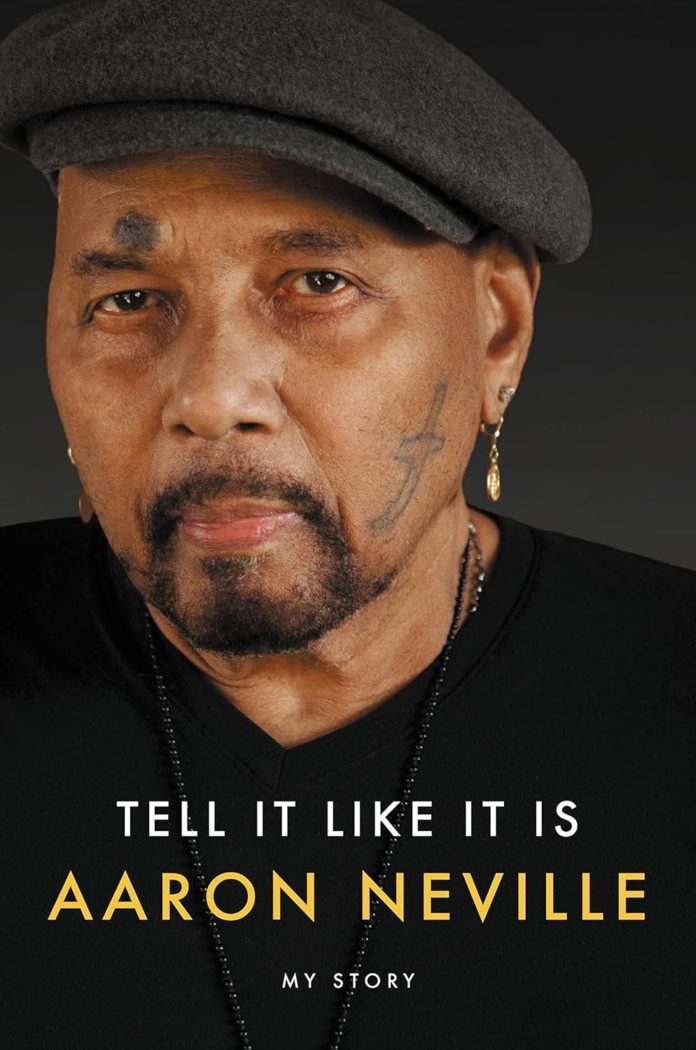For the first time, legendary singer and songwriter and Grammy Hall-of-Famer Aaron Neville tells his personal story of overcoming poverty, racism, addiction, and loss through faith, family, and music.
Aaron Neville’s first #1 hit, “Tell It Like it Is,” was released in 1966. In the mid-70s he formed the Neville Brothers with Art, Charles, and Cyril—now known as the “First Family of New Orleans”—and they released more than a dozen influential albums. Given his one-of-a-kind, soaring falsetto, Aaron was the breakout star, and over the next six decades, he had four platinum albums, three #1 songs, numerous film and television appearances, and was inducted into the Grammy Hall of Fame in 2014. His triple-platinum duets with Linda Ronstadt (including the Grammy-Award-winning hit “I Don’t Know Much”) showcased the softer side of his voice, and the smoking hot funky soul of the Neville Brothers cemented his legacy as an R&B legend.
But few people know the challenging and circuitous road Aaron took to fame. Born in a housing project in New Orleans of Black and Native American heritage, Aaron struggled as a teenage father working to raise a family while building his career as a musician, surviving a stint in jail for car theft and many years battling heroin addiction.
Recognized by the dagger tattoo on his cheek and his St. Jude medallion earring, Neville credits St. Jude—the patron saint of lost cases—for turning his life around. He found healing and salvation in music. Aaron Neville is a man who by all accounts should not have made it. Tell It Like It Is shares his story for the first time.







